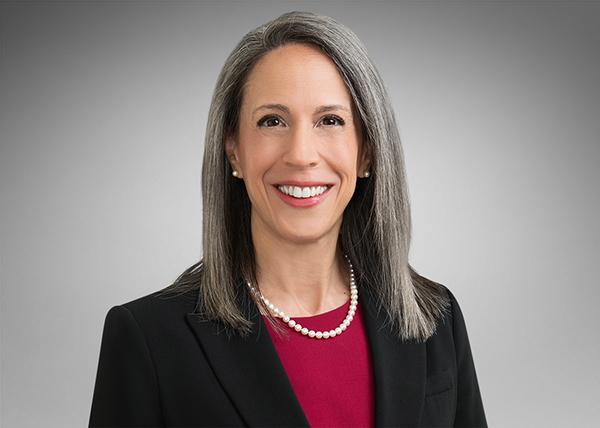Over the past forty-eight hours, FDA has issued a range of helpful information about the potential implications of COVID-19 for the food supply, including the agency’s current position regarding food safety and COVID-19, guidance concerning supplier verification onsite audit requirements, and an announcement that FDA has suspended routine surveillance facility inspections. We summarize these recent developments below:
On March 17, FDA posted a set of Frequently Asked Questions (FAQs) about food safety and COVID-19. Here and elsewhere, the Agency emphasized that COVID-19 is not a foodborne virus, and that there is no evidence of food or food packaging transmitting the virus. In a call with industry stakeholders on March 18, Frank Yiannas, Deputy Commissioner for Food Policy and Response, reiterated the point also made in the FAQs that food produced in a facility in which an employee tests positive for the virus does not need to be recalled. The primary concern for most industry stakeholders will be ensuring worker safety, rather than food safety, and FDA encouraged stakeholders to consult with state and local health authorities in their relevant locations for guidance in the event of an employee that tests positive. FDA’s FAQs also address cleaning and sanitation to help prevent the spread of COVID-19 among staff.
On March 17, FDA issued guidance allowing companies to select alternative supplier verification methods in place of on-site inspections. On March 18, FDA announced that it will temporarily postpone all domestic routine surveillance facility inspections. Domestic for-cause inspections will proceed if mission-critical. On the call with stakeholders, Michael Rogers, Assistant Commissioner for Human and Animal Food (HAF) operations in the Office of Regulatory Affairs (ORA), stated that, for the foreseeable future, the Agency will pre-announce the majority of facility inspections.
FDA’s import operations remain operational, and most operations currently are not experiencing delays. However, FDA anticipates delays in the receipt of hard copy Notices of FDA Action, such as release notices and sampling notices. To that end, “FDA strongly encourages all members of the import community who deal in FDA-regulated articles to utilize the FDA Import Trade Auxiliary Communication System (ITACS) for current entry status and to receive FDA notices electronically.”
The Agency is working with the White House, the CDC, and other agencies to help ensure the unimpeded distribution of food. On the March 18 call, Deputy Commissioner Yiannas emphasized that there is no nationwide shortage of food, and that the lack of stock in certain stores is due to excessive demand rather than a shortage of supply. CFSAN director Susan Mayne encouraged stakeholders experiencing difficulty with transporting food to contact FEMA’s National Business Emergency Operations Center (NBEOC). FDA is also collaborating with the private sector to address any impact on food supply.
To best advise our clients on the rapidly evolving public health situation in the United States, our COVID-19 task force is staying abreast of daily developments and tracking the latest federal, state and local policies related to COVID-19. Please feel free to reach out to our team members listed below with any questions, and to visit Covington’s website for our COVID-19: Legal and Business Toolkit.
Back
Back





